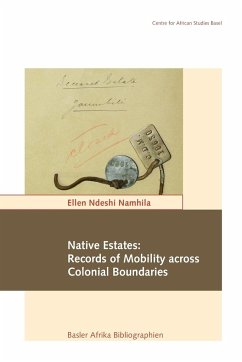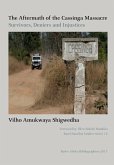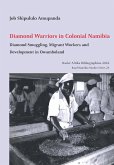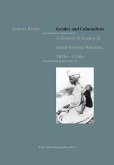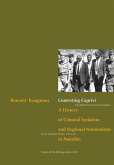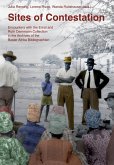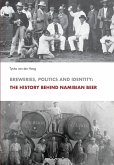In many instances, the colonial state has left a strong imprint on the postcolonial archive. In the National Archives of Namibia (NAN), for instance, it is difficult to locate pre-independence person-related records of the black majority, while the same type of records of their light-skinned compatriots are easily accessible. This lecture discusses a substantial corpus of about 11 000 so-called "Native Estates" files which previously were not accessible through the existing finding aids. What is the research potential of these formerly neglected and untouched records in particular regarding the social history of contract labour in Namibia and of African migrants on a wider scale? Furthermore, a substantial amount of estate files of migrants from other African countries were discovered - a feature of Namibian history that has rarely been researched. The sometimes very detailed files reveal information on the migrants' origin, their integration in Namibian society and expatriate networks in the country. They also reveal that not only Angolans and West Africans but also a substantial number of migrants from other Southern African colonies found employment opportunities in Namibia during the colonial era. The "Native Estate" records thus have an important research potential with regard to the entire Southern African region, which was heavily reliant on migrant labour both on the demand and on the supply side.
Hinweis: Dieser Artikel kann nur an eine deutsche Lieferadresse ausgeliefert werden.
Hinweis: Dieser Artikel kann nur an eine deutsche Lieferadresse ausgeliefert werden.

